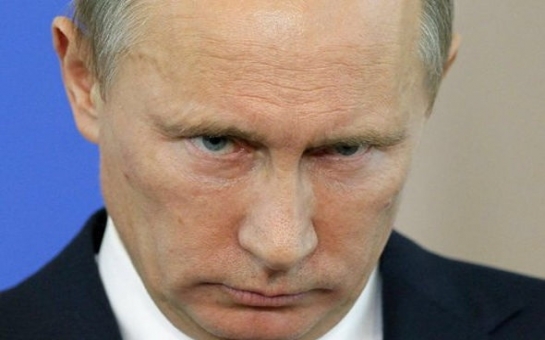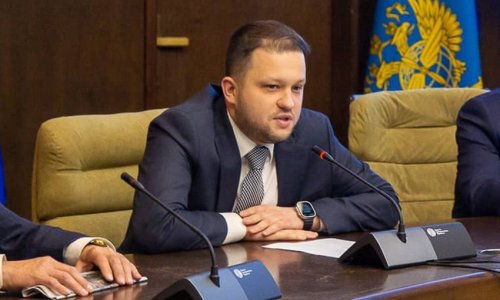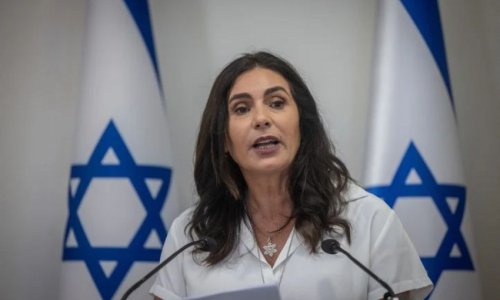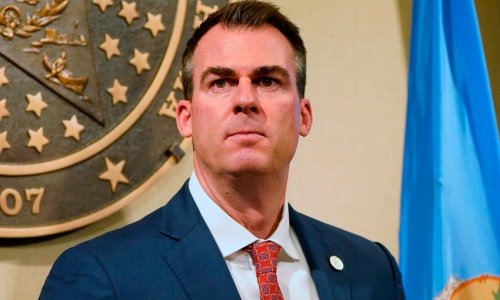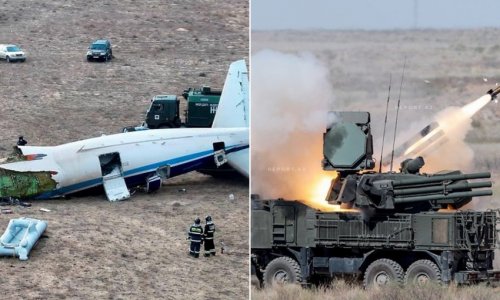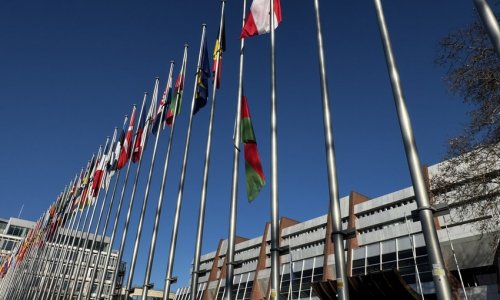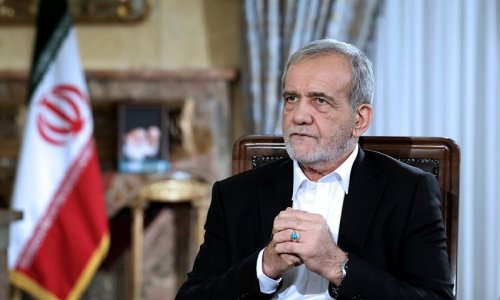Russian President Vladimir Putin urged the leaders of Azerbaijan and Armenia on Sunday to talk instead of fight, after more than a dozen people were killed in clashes over the disputed Nagorno-Karabakh region.
The Kremlin chief hosted a meeting between the heads of the two ex-Soviet states this weekend, giving him a chance to play a peacekeeping role in the former Soviet Union at a time when the West is accusing Moscow of backing pro-Russian separatists in Ukraine.
"The key thing is: There's no bigger tragedy than the loss of human lives," Putin told Azerbaijan's Ilham Aliyev and Armenia's Serzh Sagrsyan in the second day of talks in his Black Sea residence in Sochi. "We need to act wisely and patiently and pay respect to one another to find the solution."
Sargsyan and Aliyev agreed on the need for a political solution to the 23-year-old conflict.
"Back then (in the 1990s) we came to a conclusion that this conflict has no military solution," Sargsyan said. "If we keep on blaming each other, I don't think it will be resolved for a long time."
The good-faith comments were echoed by Aliyev, who said: "I hope that we will find a solution in line with... the principles of international law in the nearest future."
At least 16 combatants were killed and several wounded in last week's clashes around the region, which lies within Azerbaijan but is populated mostly by ethnic Armenians. The clashes highlighted the risk of broader conflict in the South Caucasus area, where oil andnatural gas flow from the Caspian region to Europe.
Fighting in Nagorno-Karabakh first erupted in 1991, when the Soviet Union broke up. A ceasefire was called in 1994 after more than 30,000 people were killed in the fighting. The two sides have regularly traded accusations of further violence around the region and along the Azeri-Armenian border.
Energy-producing Azerbaijan, host to oil majors including BP, Chevron and ExxonMobil, frequently threatens to take Nagorno-Karabakh back by force and is spending heavily on its armed forces.
Meanwhile, Russia is at odds with the West over Ukraine. The United States and the European Union have imposed sanctions on Russia, including visa bans, asset freezes and limiting access to capital for Russian state banks, over its role in the fighting and Moscow's annexation of the Crimean peninsula in March.
Moscow has retaliated with counter sanctions, imposing sweeping trade restrictions of Western food imports.
(Reuters)
Bakudaily.com

